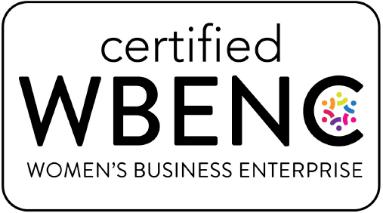Biotechnology, Life Sciences & Chemical
Scientists and researchers around the world devote their professional lives to addressing pressing challenges, such as world hunger, disease, and climate change. Work within the biotechnology, life sciences, and chemical fields has produced advances in the medical, environmental, and agricultural arenas. The ability for individual researchers, as well as academic, nonprofit, and commercial entities, to obtain and maintain intellectual property protection for this essential research is a key element in bringing value to their innovations and providing incentives for continued work. However, biotechnology faces a potential legal minefield. Peacock Law assists clients with navigating these hazards, be it through drafting patent claims that will stand up to validity challenges in court, or preventing a regulatory disaster. If secrecy of the technology or information is the appropriate approach, we also work with clients to draft nondisclosure and confidentiality agreements to maintain trade secrets.
Commercialization of Living Organisms
The ethical and legal challenges of commercializing living organisms are unclear and unresolved. One famous case involving biomedical research and ethical controversy centers around Harriet Lacks, an African American woman who died in 1951, at age 31 from cervical cancer. While she was being treated at Johns Hopkins Hospital, cancerous cells from her body were harvested without her knowledge or consent, which was common practice at the time. These cells, now called HeLa cells, have been in wide use across the scientific community for more than 60 years, and have been instrumental in advancing medical research. However, Lacks’ family received no financial compensation for decades, and has only recently begun to receive recognition and some measure of control over the HeLa cells. At least one legal decision, Moore v. Regents of the University of California, a 1990 Supreme Court of California case, ruled that a person did not have property rights in their own discarded tissue and cells or any profits made from them, but that the physician did have the obligation of obtaining informed consent. This case ignited a debate still raging today regarding the obligations associated with obtaining and commercializing living organisms for research.
Government Regulations & the Patent Process
Applying for patent protection becomes even more complex when biotechnology is involved because would-be patent holders must comply with regulations set by the Food and Drug Administration and other government agencies. Successfully complying with these regulations, and dealing with possible ethical challenges requires subject matter expertise as well as knowledge of the law.
The biotech experts at Peacock Law are uniquely qualified to handle biotech patent applications and the complex regulatory environment surrounding biotech inventions not only in medical research, but also for products and services related to food production, energy efficiency, and climate change.



